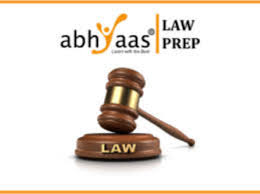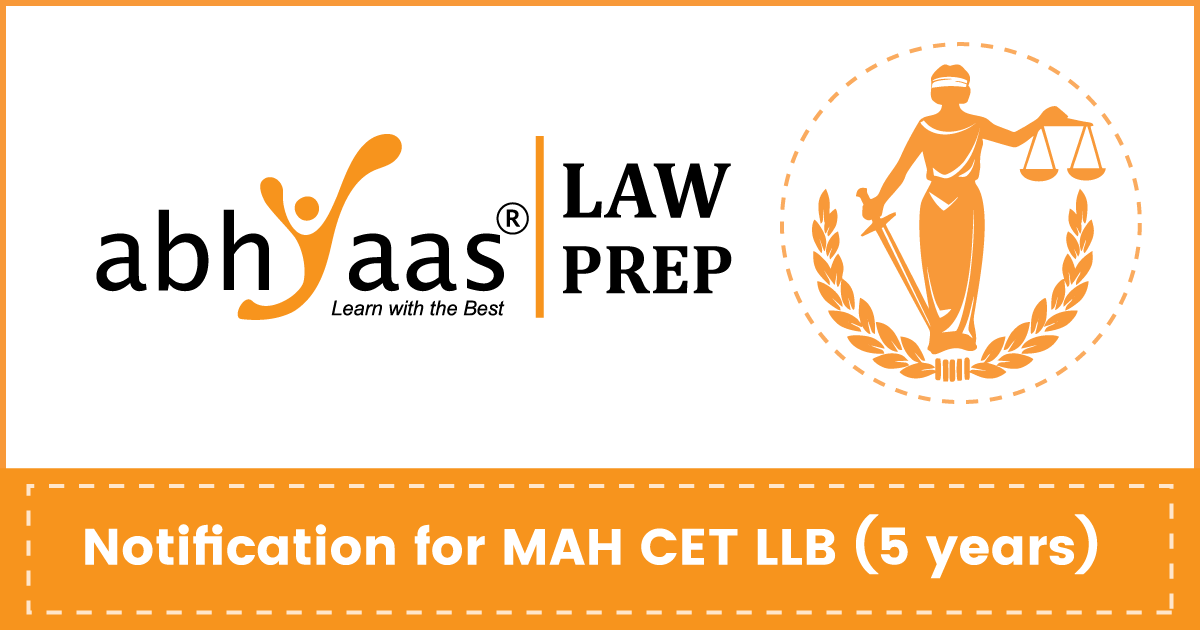
What is LSAT
LSAT India is a standardized test of reading and verbal reasoning skills designed by the USA-based Law School Admission Council (LSAC) for use by law schools in India for admission into undergraduate and postgraduate legal courses in India. Pearson VUE conducts the exam on behalf of LSAC every year. It is a standardized test designed to test a candidate’s verbal reasoning and reading skills proficiency. Nearly 76 law colleges accept LSAT India Scores.
Here are some of the colleges that accept LSAT scores for admission:
- Rajiv Gandhi School of Intellectual Property Law, Indian Institute of Technology, Kharagpur
- Jindal Global Law School, Sonipat
- KLE Society’s Law College, Bangalore
- School of Law, University of Petroleum and Energy Studies, Dehradun
- Alliance School of Law, Bangalore
- JSS Law College, Mysore
- ICFAI University, Dehradun
- The NorthCap University, Gurgaon
Question Paper Pattern
| Section | Number of Questions | Timing |
| Analytical Reasoning | Approx. 24 | 35 minutes |
| 1st Logical Reasoning | Approx. 24 | 35 minutes |
| 2nd Logical Reasoning | Approx. 24 | 35 minutes |
| Reading Comprehension | Approx. 24 | 35 minutes |
| Total: 4 sections | 92-100 questions | 2 hours and 20 minutes |
LSAT India always consists of one Analytical Reasoning section, one Reading Comprehension section, and two Logical Reasoning sections. It is a paper-and-pencil test. All questions are in a multiple-choice format, some with four answer choices and others with five.
Each section is timed, allowing 35 minutes for each of the four sections. Invigilators give a 5-minute warning before calling time for a section. When the time is up, candidates are required to stop work on the section, and begin work on the next section. The candidate is allowed to work only in the section currently being timed and is not permitted to go back to an earlier section or forward to a later one even if they finish a section before time is called.
- Analytical Reasoning Questions— These questions measure the ability to understand a structure of relationships and to draw logical conclusions about that structure. The candidate has to reason deductively from a set of statements and rules or principles that describe relationships among persons, things, or events. Analytical Reasoning questions reflect the kinds of complex analyses that a law student performs in the course of legal problem solving.
- Logical Reasoning Questions— These questions assess the ability to analyse, critically evaluate, and complete arguments as they occur in ordinary language. Each Logical Reasoning question requires the candidate to read and comprehend a short passage, then answer a question about it. The questions are designed to assess a wide range of skills involved in critical thinking, with an emphasis on skills that are central to legal reasoning. These skills include drawing well-supported conclusions, reasoning by analogy, determining how additional evidence affects an argument, applying principles or rules, and identifying argument flaws.
- Reading Comprehension Questions— These questions measure the ability to read, with understanding and insight, examples of lengthy and complex materials similar to those commonly encountered in law school. The Reading Comprehension section contains four sets of reading questions, each consisting of a selection of reading material, followed by four to nine questions that test reading and reasoning abilities.
Syllabus
LSAT does not have a specific syllabus. Candidates can get a rough idea of the syllabus from the sample papers available on the LSAT website.
Cut-offs and Counselling
LSAT India admissions are decentralised, so the cut-offs are determined by the colleges themselves. Participating colleges send out call letters to the candidates who have met their eligibility criteria. Candidates then confirm their admission with the particular college.
Difference between CLAT and LSAT
| CLAT | LSAT | |
| Duration | 2 hours | 2 hours 20 minutes |
| Marking Scheme | 200 marks
Deduction of 0.25 marks for a wrong answer |
92/100 marks
No negative marking |
| Sections | English
Logical Reasoning Quantitative Reasoning Legal Aptitude General Knowledge |
Analytical Reasoning
Logical Reasoning Reading Comprehension |
| Sectional Time Limit | No | Yes |



